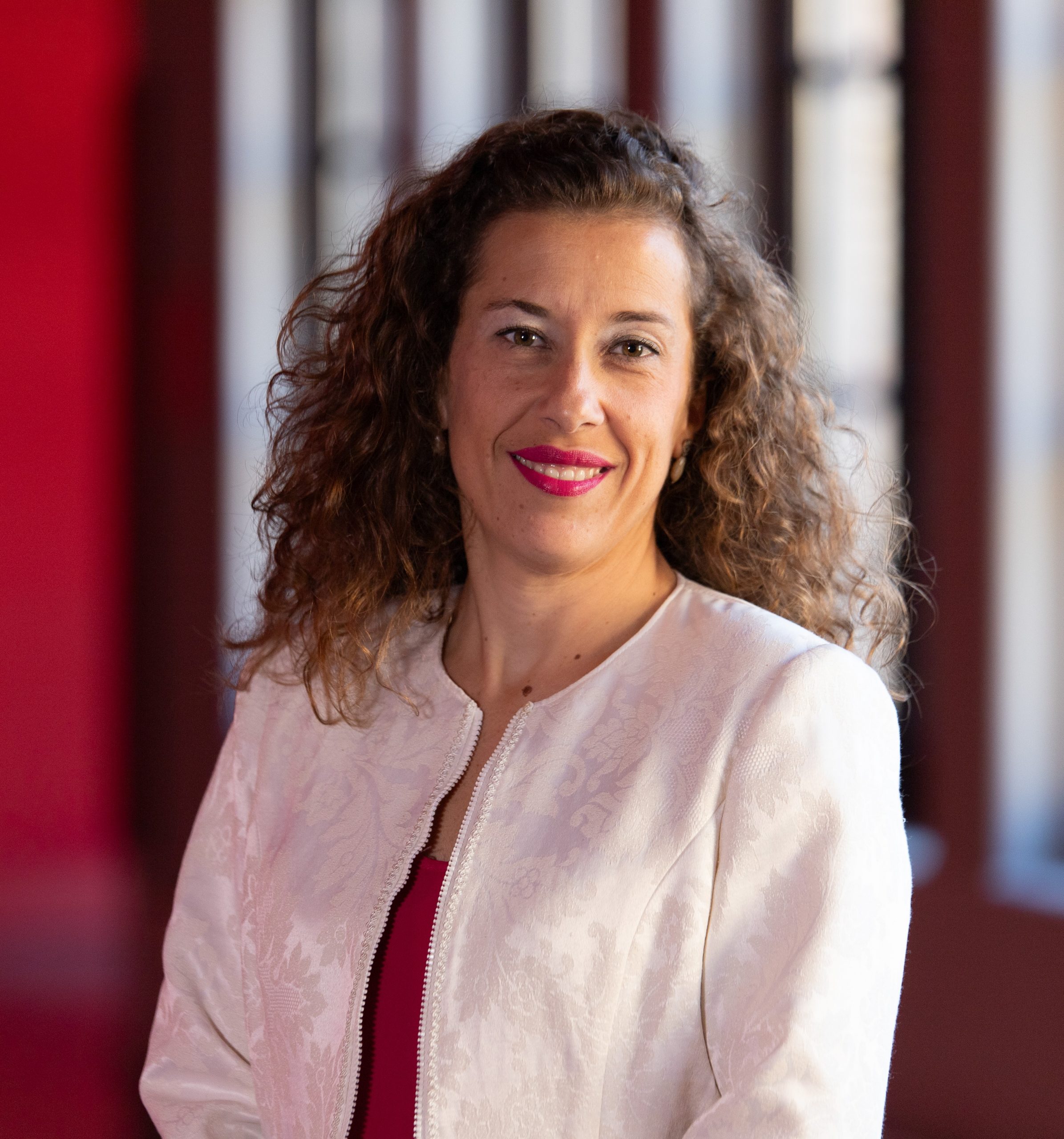Ciber_Teaching
A Commitment to teaching
Teaching innovation projects are fundamental to improving the learning experiences of the educational community and developing tools and resources that facilitate and make learning processes more effective and creative.
At Ciber, we promote teaching innovation projects that link teaching with research and transfer to society, seeking not only to adapt training to professional reality and respond to new social challenges, but also to contribute actively to the improvement of society through accessible, inclusive, and quality education.
TEACHING INNOVATION group «FINANCIAL EDUCATION»
Group hosted by CIFICE (Center for Innovation, Training, and Research in Educational Sciences)
This group promotes financial education, a key national objective of the Spanish government, generating open educational resources that foster free access to knowledge, and increasing perspective on the current economic and financial reality.
Our colleague Cristina Ortiz coordinates the «Financial Education» group since the 2024-2025 academic year.
Members of Ciber, along with colleagues from other departments, are part of this teaching innovation group:
Guillermo Badía (Ciber. University of Zaragoza)
Beatrice Boumda (Ciber. University of Zaragoza)
Juan Camón (Ciber. University of Zaragoza)
María Jesús Mancebón (University of Zaragoza)
Fernando Muñoz (Ciber. University of Zaragoza)
Marcos Sanso-Navarro (University of Zaragoza)
Adriana Serrano (University of Zaragoza)
Carlos Serrano (Ciber. University of Zaragoza)
Luis Vicente (Ciber. University of Zaragoza)
The group is expanding year after year with new members and collaborators.
PROJECT «FINANzas con un café»
The teaching project is part of the PRAUZ program of University of Zaragoza, which promotes the publication of open educational materials.

The project «Finanzas con un café» «Finance with a coffee» utilizes its YouTube Channel as a key tool for the dissemination of relevant economic and financial content in Spanish.
Through this channel, the project publishes short videos that cover specific and current topics. These materials are presented in accessible and not excessively technical language, aiming to reach a broad audience, including those without prior training in the area, and contribute to the national objective of financial education.
The channel regularly publishes new recordings, following a consistent format and brand identity. It is part of a long-term project aimed at providing a sustainable source of open educational resources.
Watch the videos on our  YOUTUBE Channel
YOUTUBE Channel
Subscribe to stay updated

Other research projects led by ciber
Ciber is part of a wide variety of official projects focused on teaching excellence and innovation. These are the most recent ones led by members of our research team:
The primary objective of this project is to analyse the use that students in the School of Economics and Business Administration make of various Artificial Intelligence (AI) applications in their learning process. The aim is to explore the extent to which they utilise these tools and for what purposes (assistance with writing and proofreading texts in coursework for continuous assessment, help with understanding certain concepts to optimise their study, language learning, assistance with text synthesis and structuring, creation of multimedia content such as presentations or graphic designs, etc.). Additionally, the project seeks to analyse the distribution of their use across the different degree programmes taught at the faculty, across different year groups, and, particularly, across different modules (whether they are used more in modules with continuous assessment, for example). Furthermore, the research will investigate how long they have been using these tools, the frequency with which they use them, and the motivations that lead them to use them, as well as their perception of the effectiveness and usefulness of AI in their academic training. Ultimately, the project aims to identify areas for improvement in the integration of AI into the teaching-learning process.
The University, as a catalyst for societal change, holds a crucial role in advancing sustainable development. In alignment with the University of Zaragoza’s dedication to the United Nations 2030 Agenda and the Sustainable Development Goals (SDGs), the School of Economics and Business Administration has taken steps to integrate SDG-related content into course programmes. This initiative includes the revision of course syllabi for both undergraduate and master’s programs, ensuring that the objectives and learning outcomes of each subject align with relevant SDGs. Furthermore, the forthcoming implementation of Spanish law RD 822/2021 will bring about a restructuring of our undergraduate and postgraduate programmes in the near future. In light of this, developing and assessing a framework that outlines the incorporation of SDGs into our curricula will be essential for pinpointing areas where improvements can be made in the curriculum redesign. To achieve this goal, we have reviewed the syllabi for 276 courses across 4 undergraduate and 5 postgraduate programmes.
The project proposes to implement innovative methodologies to strengthen one of the five transversal competencies that form the 5+1 hallmark of the University of Zaragoza: critical thinking. This competency will be applied specifically to the analysis of economic and financial information, markets, and institutions within the financial system. Through structured educational activities, third-year students on the Business Administration and Management degree programme will analyse news and financial information from various sources, developing skills to assess reliability, identify biases, and contextualise data. The pilot phase will be implemented in the Financial Risk Management module, with two-hour collaborative sessions where students will apply defined analytical frameworks to develop well-founded conclusions about current financial information.

